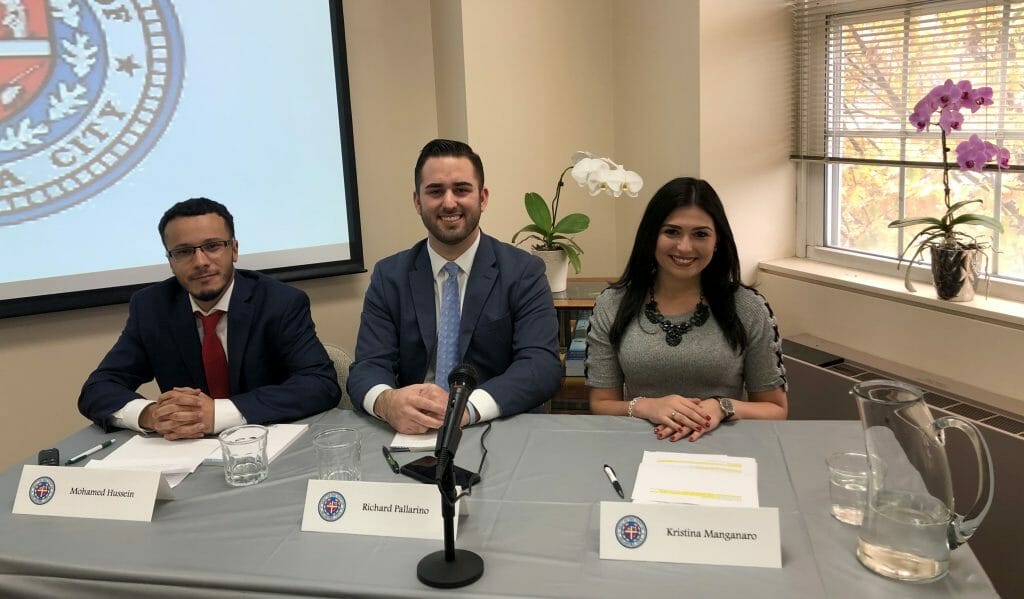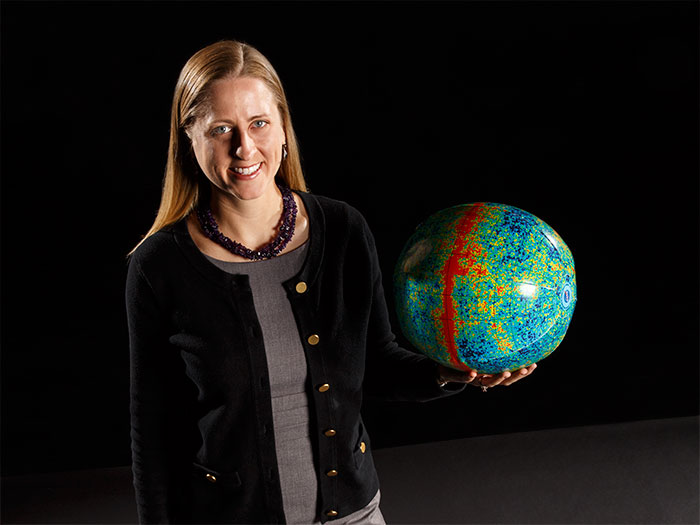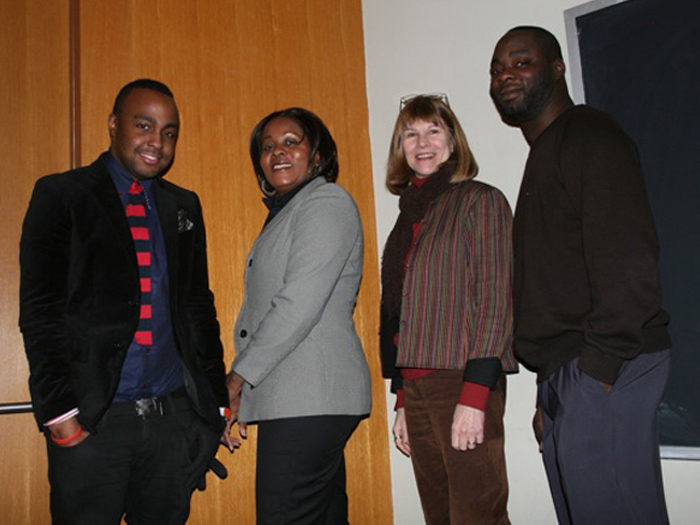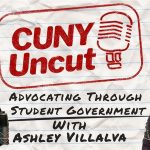
In their first year of participating in the annual Government Finance Case Challenge from the Association of Government Accountants (AGA), a team of students from the Lucille and Jay Chazanoff School of Business at the College of Staten Island (CSI) recently took first prize in the graduate level of this national competition.
“This is an astounding achievement on the part of our students and their mentor, Professor Patricia Galletta. Reaching this level of success, particularly as a first attempt, helps to highlight the strength of our students, our faculty, our academic programs, and the Chazanoff School of Business in general,” noted Susan Holak, PhD, Founding Dean of the School.
According to the AGA Website, the Government Finance Case Challenge began in 2015, although this was the first year that the Challenge was open to both graduate and undergraduate students.
Team members Mohamed Hussein, Kristina Manganaro, and Richard Pallarino are all students in ACC 760 (Government and Not-For-Profit Accounting) this semester. In all, the College fielded three teams – one undergraduate and two at the graduate level. All teams received a substantial packet of material and supporting data related to a city chosen by the AGA, from which the students had to prepare a summary document that followed Citizen-Centric Reporting (CCR) guidelines. The CCR aims to lay out in a clear, simple document exactly how governmental agencies are utilizing public resources. Pallarino spoke about the process of producing the CCR, saying that the challenge “was a great way to analyze not only a balance sheet, but performance data from a different perspective.”
Professor Galletta noted that the case challenge allowed students “to apply the basic knowledge they have received in their governmental accounting course to a real city.” The city chosen by the AGA to be the subject of this year’s Challenge was Oklahoma City, OK.
After being selected as finalists at the end of October, the team of Pallarino, Hussein, and Manganaro was faced with the last stage of the Challenge, requiring them to submit a 25-minute video presentation of their findings by mid-November. The video was staged as a public meeting in which the students played the role of city council members discussing the accomplishments and challenges that the city had faced over the previous year, and the anticipated plans for the future. The “council members” also took questions from a public audience.
Kristina Manganaro reflected on the overall experience, remarking that the team worked collectively “to create our idea of a City Council meeting, and used our accounting skills to be able to share our knowledge and help our constituents understand some complicated issues.”
As the Chazanoff School of Business continues to develop its emphasis on experiential learning, more instructors are utilizing national and international case competitions as ways of creating intensive, immersive learning experiences that place classroom knowledge in real-world scenarios.
With CCR guidelines being used in the field to make decisions in the public sphere, this Challenge competition placed CSI students in precisely the type of situation that they could face after graduation. Mohamed Hussein summed up the underlying purpose of the CCR concept, saying that the assignment “tested our moral reasoning and highlighted the importance of accountability.”
All three team members remarked that they would consider careers in public service as a result of participating in the competition. As Hussein noted, “although it is a huge responsibility … I would have the opportunity to suggest and implement ideas that will benefit our society.”
By Warrick Bell




![[gallery] Twelfth Annual Undergraduate Research Conference Showcases Student Talents](https://csitoday.com/wp-content/uploads/2013/04/URC2013.jpg)









